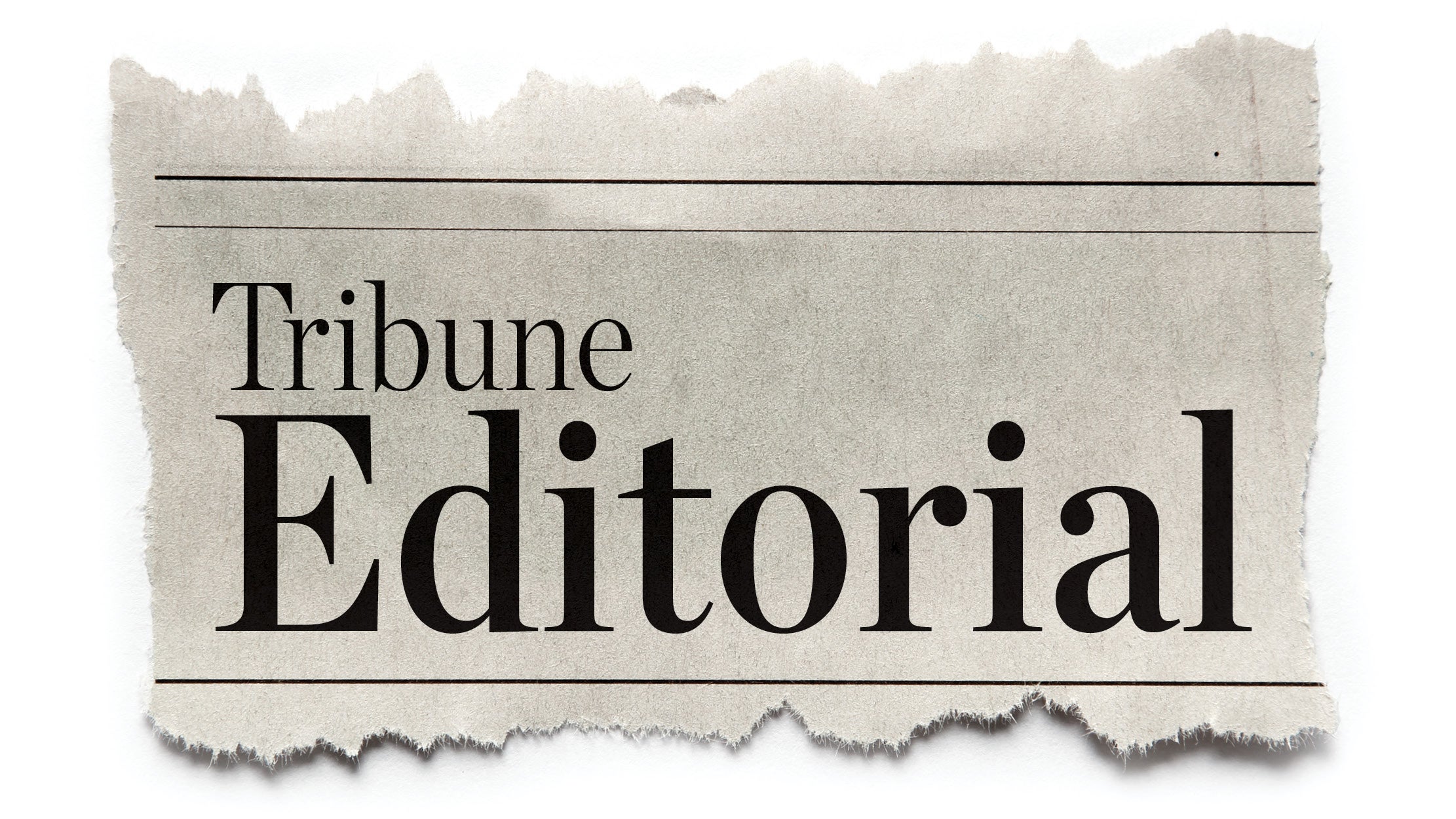Faith, hope and pluck
Published 7:16 am Friday, February 22, 2019
The free exercise of religion is the rock upon which America was built. But it was the free exercise of ambition which did the building.
Ambition took tiny Burt Perrine — he stood 5’7”—from Indiana to Idaho in 1881. A small man with big ideas, Burt invested his money in milk cows, selling fresh milk to copper mining communities. His travels took him to the rim of the Snake River canyon.
Looking down upon the raging river, Burt peered into the future. His mind and imagination translated that power into an irrigation system that would water the surrounding sagebrush desert into millions of acres of productive farmland. Think Idaho potatoes.
But Burt faced immense obstacles of engineering construction, investment capital, and political opposition. His partner, Cyclone Bob, tells the story.
“Bringing a big town (Idaho Falls, Idaho) and well-to-do country out of sagebrush in just one year sounded like a lie (an impossibility) to me. But Burt Perrine had the nerve and foresight to do it. I was going to quit. I didn’t think it could come true.”
A Pacific Magazine reporter who interviewed Cyclone Bob added the rest of the story. “A big tunnel was built through rock by Bob McCollum and Burt Perrine when they had no money, only faith, hope, and pluck. Now thousands of (hydroelectric) horsepower turn turbines that light up half a state, turn mills, and take to market the produce of 10,000 farmers.”
Economists call this the multiplier effect — a boy who grew up on one small farm in Indiana produces 10,000 farms in Idaho. But Burt’s boyhood farm depended upon the productivity of Indiana which flowed from new railroads and the flourishing of Indianapolis as the state’s center of banking and commerce.
The Burt Perrine of that earlier era was an ambitious orphan named Hervey Bates.
At age 15, Hervey ran a general store and post office in Ohio, later moving to Indiana to run mills for making cloth while also making political connections that vaulted him into prominence.
Using his time and talent with a dose of Burt’s “faith, hope, and pluck,” Hervey Bates became a co-founder of Indianapolis and the new city’s leading banker, builder, and businessman. He built the state’s finest hotel, Bates House, a majestic Victorian-style structure where Abraham Lincoln stayed on his way to Washington to be inaugurated president in 1861.
These successive layers of economic development rest upon a foundation of not only the ingenuity of wizards like Perrine and Bates, but their honesty and integrity. It was said that Hervey Bates had “a rugged honesty that made his name a synonym of integrity.” And dozens of investors had to have a ton of trust in Burt Perrine’s ingenuity and integrity.
These men were my ancestral cousins, another of whom “grew to manhood under the guidance of good, honest, and upright parents who instilled into their son the noble qualities of mind and heart which he exhibited when he later came in contact with the outside world.” Honesty and integrity can collide with a corruption, cheating, and evil that tests the entrepreneur’s character.
Adam Smith referred to an invisible hand guiding market forces. Perhaps there’s also an invisible hand guiding moral forces. Much as the market requires rules and regulation to work out its imperfections, so our moral and cultural system is gradually moved to correct gross denials of civil rights and other inequities.
Americans eventually “get it right.”
Our nation is now in a global competition of great intensity. If a firm moral rudder guides our economic system and ship of state, new layers of prosperity and progress will be added. Our future will be bright if men and women of ambition and integrity continue to emerge — like Burt Perrine and Hervey Bates. Let’s get it right.
James F. Burns is an Ohio native and retired professor at the University of Florida.





